Home>diy>Building & Construction>What Is A Commercial Construction Loan


Building & Construction
What Is A Commercial Construction Loan
Modified: February 25, 2024
Looking for funding for your building construction project? Learn more about commercial construction loans and how they can help finance your next venture.
(Many of the links in this article redirect to a specific reviewed product. Your purchase of these products through affiliate links helps to generate commission for Storables.com, at no extra cost. Learn more)
Introduction
Welcome to the world of commercial construction loans! Whether you’re a seasoned developer or a small business owner looking to embark on a building project, understanding the intricacies of commercial construction loans is essential. These loans provide the financial means to construct or renovate commercial properties, such as office buildings, retail spaces, warehouses, and more.
Unlike residential mortgages, commercial construction loans are specifically designed for projects involving real estate used for commercial purposes. These loans typically have unique terms, requirements, and considerations that borrowers need to be aware of before diving into the construction process.
In this article, we will delve into the various aspects of commercial construction loans, including qualification criteria, types of loans available, features and terms to consider, the application process, and the benefits and risks involved. By the end, you’ll have a comprehensive understanding of what commercial construction loans entail and whether they are the right fit for your building project.
So let’s strap on our hard hats and dive into the exciting world of commercial construction loans!
Key Takeaways:
- Commercial construction loans provide funding for building or renovating commercial properties, but they come with higher interest rates and stricter qualification criteria due to the increased risks involved.
- Understanding the benefits and risks of commercial construction loans is crucial for successful project planning and risk mitigation. Thorough research, documentation, and professional guidance are essential for navigating the loan application process.
Understanding Commercial Construction Loans
Commercial construction loans are specialized loans designed to fund the construction or renovation of commercial properties. These loans are different from traditional mortgages, as they are tailored to meet the unique needs and risks associated with commercial construction projects.
One of the key differences of commercial construction loans is that the funds are typically dispersed in a series of payments, known as drawdowns, throughout the construction process. This ensures that the funds are used appropriately and are tied to specific milestones or stages of the project. The disbursement of funds is typically overseen by a third-party inspector or appraiser who verifies the completion of each stage.
Another important aspect of commercial construction loans is that they are usually short-term loans, with the repayment period ranging from one to three years. This is because the lender expects the borrower to sell or refinance the property once construction is completed, using the proceeds to repay the loan.
Furthermore, commercial construction loans tend to have higher interest rates and more stringent qualification criteria compared to residential mortgages. This is due to the increased risk associated with commercial projects, such as potential cost overruns, delays, and market fluctuations. Lenders mitigate this risk by imposing stricter lending standards and requiring larger down payments or collateral.
It’s worth noting that commercial construction loans are not only for new builds but can also be used for renovations or additions to existing commercial properties. Whether you’re constructing a new office building, expanding a retail space, or transforming an industrial warehouse, a commercial construction loan can provide the necessary financing to realize your vision.
Now that we have a basic understanding of what commercial construction loans are, let’s dive into the qualification requirements to see if you are eligible to obtain one.
Qualifying for a Commercial Construction Loan
Qualifying for a commercial construction loan can be more challenging than obtaining a residential mortgage. Lenders assess various factors to determine the borrower’s eligibility and evaluate the viability of the construction project. Here are some key criteria typically considered:
- Experience: Lenders prefer borrowers with a proven track record in commercial construction projects. Demonstrating previous successful ventures shows your ability to manage the complexities and risks involved.
- Creditworthiness: Your personal and business credit history will be under scrutiny. Lenders want to ensure you have a solid credit score and a responsible financial track record.
- Financial Stability: Lenders assess your financial strength and ability to repay the loan. They will scrutinize your income, cash flow, and existing debt obligations to determine if you can meet the loan payments during construction and after completion.
- Construction Plans and Budget: A comprehensive and realistic construction plan, including architectural and engineering drawings, as well as a detailed budget, is crucial. Lenders evaluate the feasibility of the project and its potential profitability.
- Down Payment: Commercial construction loans typically require a significant down payment, typically ranging from 10% to 30% of the total project cost. This demonstrates your financial commitment to the project and reduces the lender’s risk.
- Collateral: Lenders may require collateral as security for the loan. This can include the property being constructed, other real estate assets, or additional assets owned by the borrower.
- Construction Team: The expertise and reputation of the construction team involved in the project are also considered. Lenders want assurance that experienced professionals will manage the construction process effectively.
It’s important to note that each lender may have slightly different qualification criteria, and some lenders specialize in specific types of projects or industries. Working with a knowledgeable loan officer or a reputable mortgage broker can help you understand the specific requirements and navigate the loan application process.
Once you meet the qualification criteria and secure the loan, you can begin the exciting journey of constructing your commercial property. In the next section, we’ll explore the types of commercial construction loans available to fund your project.
Types of Commercial Construction Loans
When it comes to commercial construction loans, there are several options available to borrowers. Understanding the types of loans can help you choose the one that best suits your project’s needs. Here are the most common types of commercial construction loans:
- Traditional Construction Loan: Also known as a “mini-perm” loan, this type of loan provides financing for the construction phase and converts into a long-term mortgage once the project is complete. Traditional construction loans typically have a shorter term (one to three years) and carry higher interest rates.
- Construction-to-Permanent Loan: This type of loan combines the construction phase with a permanent mortgage. It provides financing for both construction and long-term ownership of the property. With a construction-to-permanent loan, borrowers only need to go through the application and approval process once. This loan option can simplify the borrowing process and save time and money on closing costs.
- Renovation Construction Loan: If you plan to renovate or remodel an existing commercial property, a renovation construction loan may be the right choice. This loan provides the necessary funds to carry out the renovation project while considering the current value of the property. These loans typically have shorter terms and higher interest rates due to the potential risks associated with renovations.
- Speculative Construction Loan: For developers looking to build a property without a guaranteed buyer or tenant in place, a speculative construction loan may be an option. These loans fund the construction of a speculative or “spec” property, with the intention of selling or leasing it upon completion. Lenders may require a higher down payment and impose stricter qualification criteria due to the higher risk involved.
- Single-Close Construction Loan: Also known as a “one-time close” or “all-in-one” loan, this type of loan combines the construction and permanent financing into a single loan. It streamlines the process by eliminating the need for separate loans and closing costs. This type of loan can be beneficial if you have a clear understanding of your project’s costs and timeline.
It’s important to consult with lenders and loan officers experienced in commercial construction loans to determine which loan type aligns best with your project goals and financial circumstances. They can guide you through the options, explain the terms and requirements, and help you make an informed decision.
Now that we’ve explored the different types of commercial construction loans, let’s move on to understanding the key features and terms associated with these loans.
Features and Terms of Commercial Construction Loans
Commercial construction loans come with specific features and terms that borrowers should be aware of. Understanding these aspects will help you make informed decisions and effectively manage the loan throughout the construction process. Here are the key features and terms associated with commercial construction loans:
- Interest Rates: Commercial construction loans typically have higher interest rates compared to traditional mortgages. The rates can be fixed or variable, and they will depend on factors such as the borrower’s creditworthiness, the project’s feasibility, and the overall market conditions at the time of borrowing.
- Loan-to-Cost (LTC) Ratio: The loan-to-cost ratio represents the amount of the loan as a percentage of the total project cost. Lenders typically finance a percentage of the project cost, with the borrower responsible for the remaining amount as a down payment. The LTC ratio may vary depending on the lender and the project’s characteristics.
- Loan-to-Value (LTV) Ratio: The loan-to-value ratio represents the loan amount compared to the appraised value of the property. This ratio determines the level of risk for the lender. A lower LTV ratio indicates a lower risk for the lender, and as a result, borrowers may be able to secure more favorable terms and lower interest rates.
- Draw Schedule: The draw schedule outlines the timing and amount of disbursement of funds throughout the construction process. The schedule aligns with specific milestones or stages of the project, such as the completion of foundation work or the installation of the roof. Borrowers need to provide documentation or evidence that the work has been completed before each drawdown.
- Contingency Funds: Commercial construction loans often require borrowers to set aside contingency funds to cover unexpected costs or unforeseen delays. Lenders typically require a certain percentage of the loan amount to be allocated for contingencies to mitigate potential risks during the construction process.
- Payment Terms: During the construction phase, borrowers may need to make interest-only payments on the loan. Once the construction is complete, the loan shifts to regular mortgage payments, which include principal and interest. The terms and payment schedule will be outlined in the loan agreement.
- Personal Guarantees and Recourse: Depending on the lender and the borrower’s financial situation, personal guarantees may be required, making the borrower personally liable for the loan. Recourse refers to the lender’s ability to go after additional assets or pursue legal action in the event of default.
It’s crucial to carefully review and understand all the terms and conditions of the loan agreement before signing. If you have any questions or concerns, consult with a legal or financial professional to ensure you are fully informed and comfortable with the terms of the loan.
Now that we have covered the features and terms, let’s move on to the application process for a commercial construction loan.
When applying for a commercial construction loan, be prepared to provide a detailed business plan, financial projections, and a clear timeline for the project. Lenders will want to see a solid plan for how the loan will be used and repaid.
The Application Process for a Commercial Construction Loan
The application process for a commercial construction loan can be complex and thorough. Lenders want to ensure they are making a sound investment and that the borrower has the ability to successfully complete the construction project. Here are the general steps involved in applying for a commercial construction loan:
- Gather Necessary Documentation: To begin the application process, gather all the relevant documentation, including construction plans, architectural drawings, project budget, financial statements, and a completed loan application. Having these documents readily available will help streamline the process.
- Research Lenders: Identify potential lenders that specialize in commercial construction loans and have experience in financing projects similar to yours. Research their lending guidelines, interest rates, fees, and reputation.
- Submit Loan Application: Complete the loan application and submit it to the lender, along with all the required documentation. Be prepared to provide personal and business financial information, credit history, and details about the construction project.
- Loan Review and Prequalification: The lender will review your application and assess the feasibility and potential profitability of the project. They will evaluate your creditworthiness, financial stability, and experience in commercial construction. If you meet their initial criteria, you may receive a prequalification letter outlining the loan terms and conditions.
- Appraisal and Underwriting: Once prequalified, the lender will order an appraisal to determine the value of the property and assess the project’s feasibility. They will also conduct a thorough underwriting process, which involves analyzing financial documents, verifying information, and evaluating the risks associated with the project.
- Loan Approval and Closing: If the lender determines that the project meets their requirements, they will issue a loan approval, outlining the final terms and conditions. At this stage, you may need to pay for closing costs, which can include appraisals, inspections, legal fees, and loan origination fees. Once the closing documents are signed, the loan funding process will commence.
- Construction and Disbursement: After the loan is closed, you can start the construction process according to the project plan. The lender will disburse funds based on the agreed draw schedule, ensuring that each stage is completed satisfactorily before releasing the funds.
- Conversion to Permanent Financing: Once construction is complete, you may need to convert the loan into permanent financing, which can include refinancing or obtaining a traditional mortgage. The terms and options for conversion should be discussed with the lender during the initial application process.
It’s important to note that the application process may vary among lenders, and additional steps or requirements may be involved depending on the specifics of your project. Working closely with the lender and maintaining open communication throughout the process will help facilitate a smooth and successful loan application and construction journey.
Now that we’ve covered the application process, let’s move on to discussing the benefits and risks associated with commercial construction loans.
Benefits and Risks of Commercial Construction Loans
Commercial construction loans can offer numerous benefits for borrowers looking to undertake a building project. However, it’s crucial to understand the risks involved as well. Let’s explore the benefits and risks associated with commercial construction loans:
Benefits:
- Access to Funding: Commercial construction loans provide borrowers with the necessary funds to finance their building project. This allows developers and business owners to bring their vision to life and create properties that meet their specific needs.
- Flexible Terms: Commercial construction loans often come with flexible terms, allowing borrowers to tailor the repayment schedule and terms to their project requirements. This can include interest-only payments during the construction phase and adjustable or fixed interest rates.
- Increased Value: Investing in commercial construction can increase the value of the property significantly. By constructing or renovating a commercial property, you have the potential to attract higher rental rates, increase sales revenue, and boost the overall return on investment.
- Opportunity for Customization: Building from scratch or renovating a property gives you the opportunity to customize every aspect to meet your specific business needs. You can design spaces that maximize efficiency, create a branded environment, and enhance customer experience.
- Profit Potential: Successfully completing a commercial construction project can lead to long-term financial gains. If the property appreciates in value or generates consistent rental income, it can provide a steady stream of revenue and potentially be sold at a profit in the future.
Risks:
- Market Fluctuations: Commercial construction projects are subject to market conditions. Economic downturns or changes in the local real estate market can impact the demand for commercial space, potentially affecting the profitability and success of your project.
- Construction Delays and Cost Overruns: Construction projects often face delays and unexpected costs. Weather conditions, contractor disputes, or supply chain disruptions can cause construction delays, leading to increased expenses and potential revenue loss if the property is not completed on time.
- Higher Interest Rates: Commercial construction loans typically come with higher interest rates compared to traditional mortgages. This can increase the overall cost of borrowing and affect the project’s profitability.
- Financial Risk: Taking on a commercial construction loan involves a financial commitment and the assumption of debt. If the project runs into financial difficulties or fails to generate expected revenue, it can put a strain on your personal and business finances.
- Market Uncertainty: The success of a commercial construction project relies heavily on market conditions and the ability to attract tenants or buyers. If there is an oversupply of commercial properties or a downturn in the local economy, it can impact your ability to secure tenants or sell the property.
Understanding these benefits and risks is crucial before embarking on a commercial construction project and obtaining a commercial construction loan. Proper planning, risk assessment, and working with experienced professionals can help mitigate potential risks and maximize the benefits of your project.
Now that we’ve explored the benefits and risks, let’s conclude our discussion on commercial construction loans.
Conclusion
Commercial construction loans provide the financial means for developers and business owners to bring their building projects to life. These loans offer unique features and terms tailored to meet the specific needs and risks associated with commercial construction. Understanding the intricacies of commercial construction loans is crucial for anyone considering embarking on a commercial building project.
In this article, we’ve covered the fundamentals of commercial construction loans, including what they are, the qualification criteria, types of loans available, key features and terms, the application process, and the benefits and risks involved. By familiarizing yourself with these aspects, you can make informed decisions and navigate the loan application process with confidence.
Commercial construction loans come with numerous benefits, such as access to funding, flexible terms, customization options, and potential financial rewards. They allow you to create properties that align with your vision and business needs, potentially increasing their value and generating long-term profits.
However, commercial construction loans also come with risks, including market fluctuations, construction delays and cost overruns, higher interest rates, and financial risks. Proper planning, thorough risk assessment, and working with experienced professionals can help mitigate these risks and increase the chances of a successful project.
Before proceeding with a commercial construction loan, it’s crucial to thoroughly research lenders, gather all necessary documentation, and carefully review the terms and conditions of the loan agreement. Consulting with legal and financial professionals can provide valuable guidance and ensure you make sound decisions throughout the loan application and construction process.
Now that you have a comprehensive understanding of commercial construction loans, it’s time to put on your hard hat and begin your journey of turning your commercial building dreams into reality. Good luck with your project!
Frequently Asked Questions about What Is A Commercial Construction Loan
Was this page helpful?
At Storables.com, we guarantee accurate and reliable information. Our content, validated by Expert Board Contributors, is crafted following stringent Editorial Policies. We're committed to providing you with well-researched, expert-backed insights for all your informational needs.
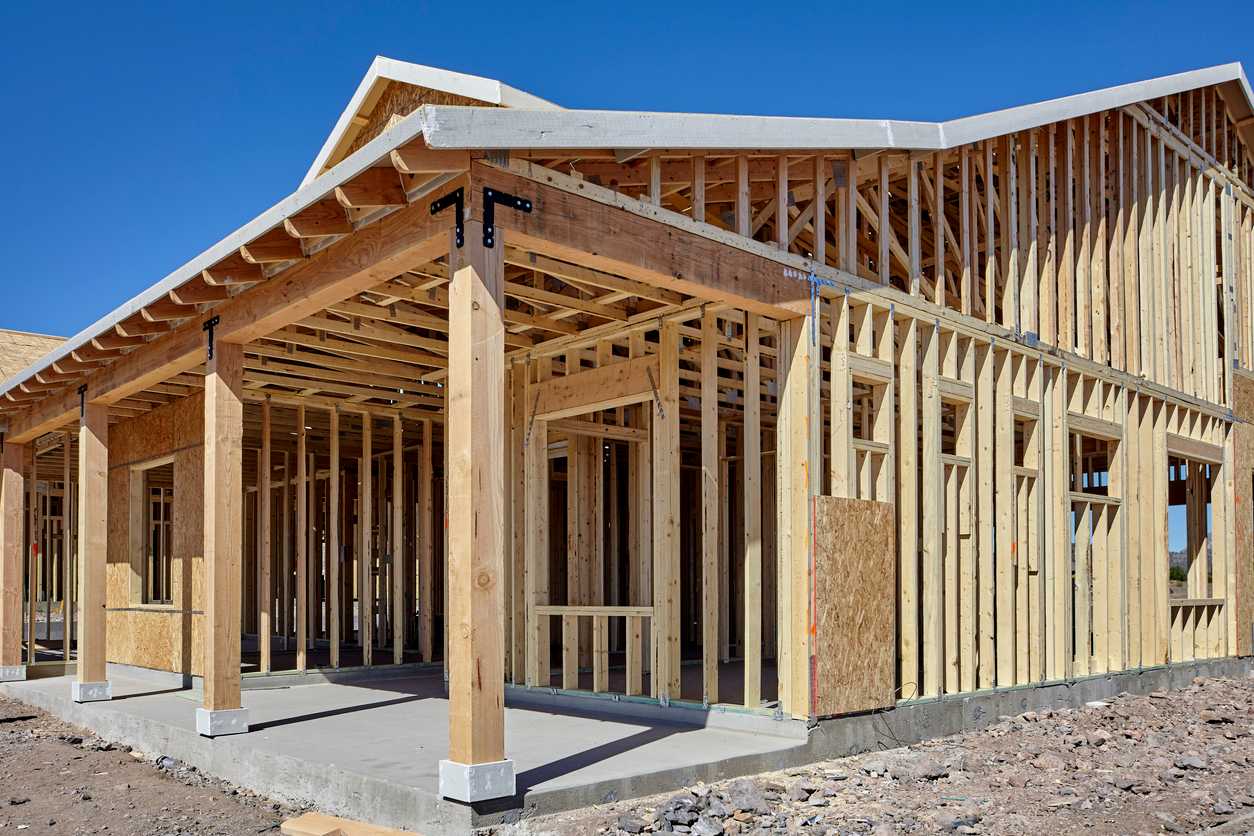
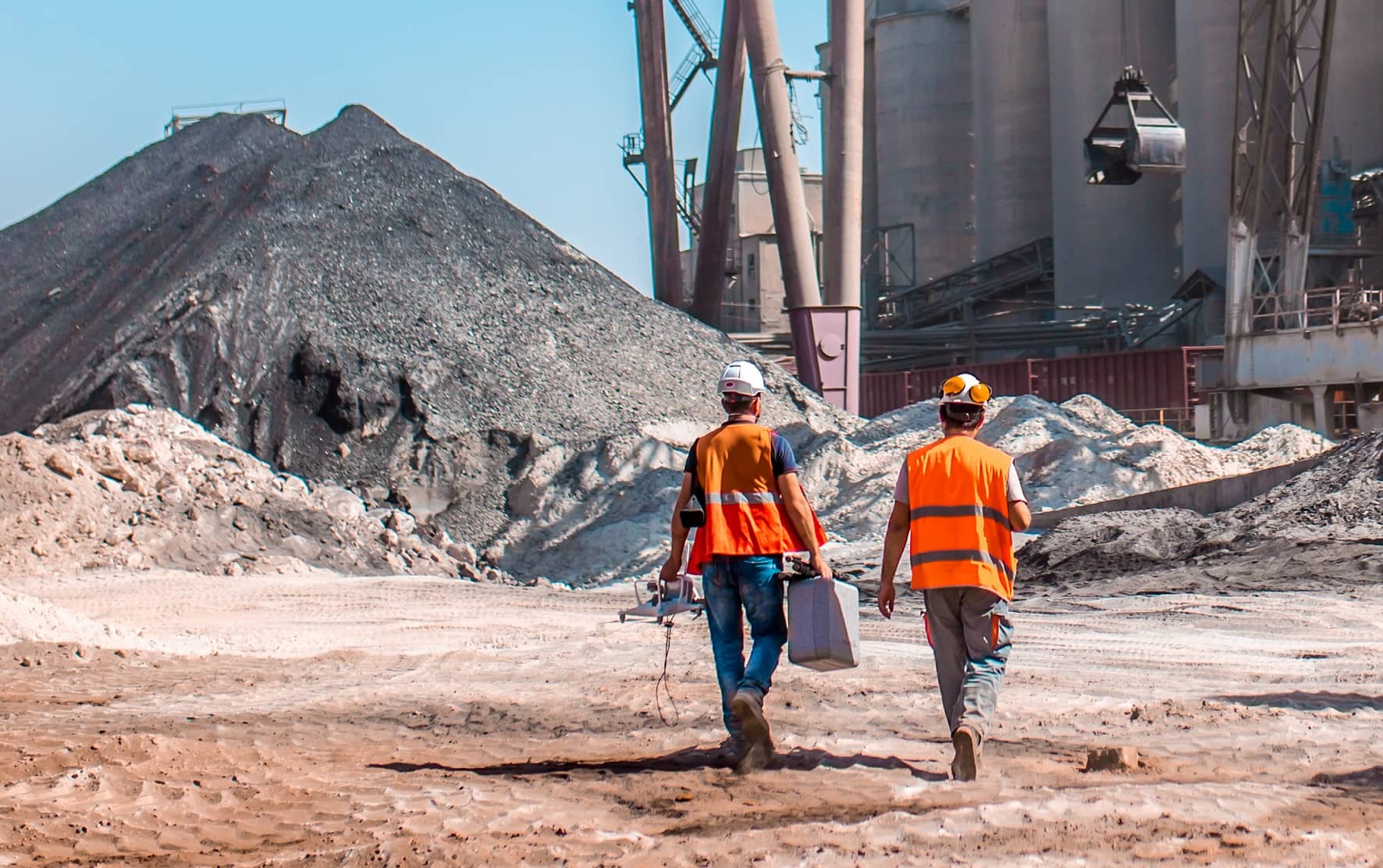
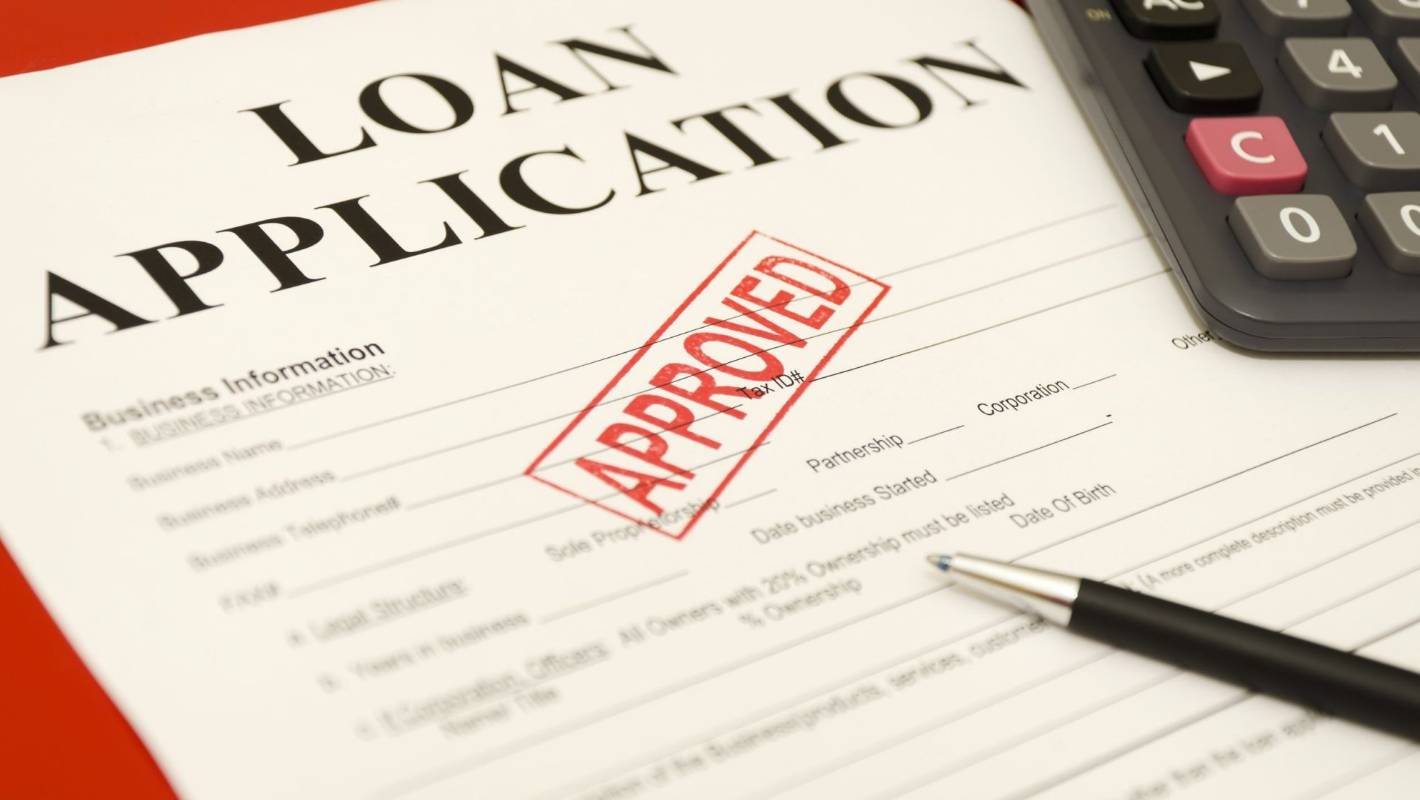

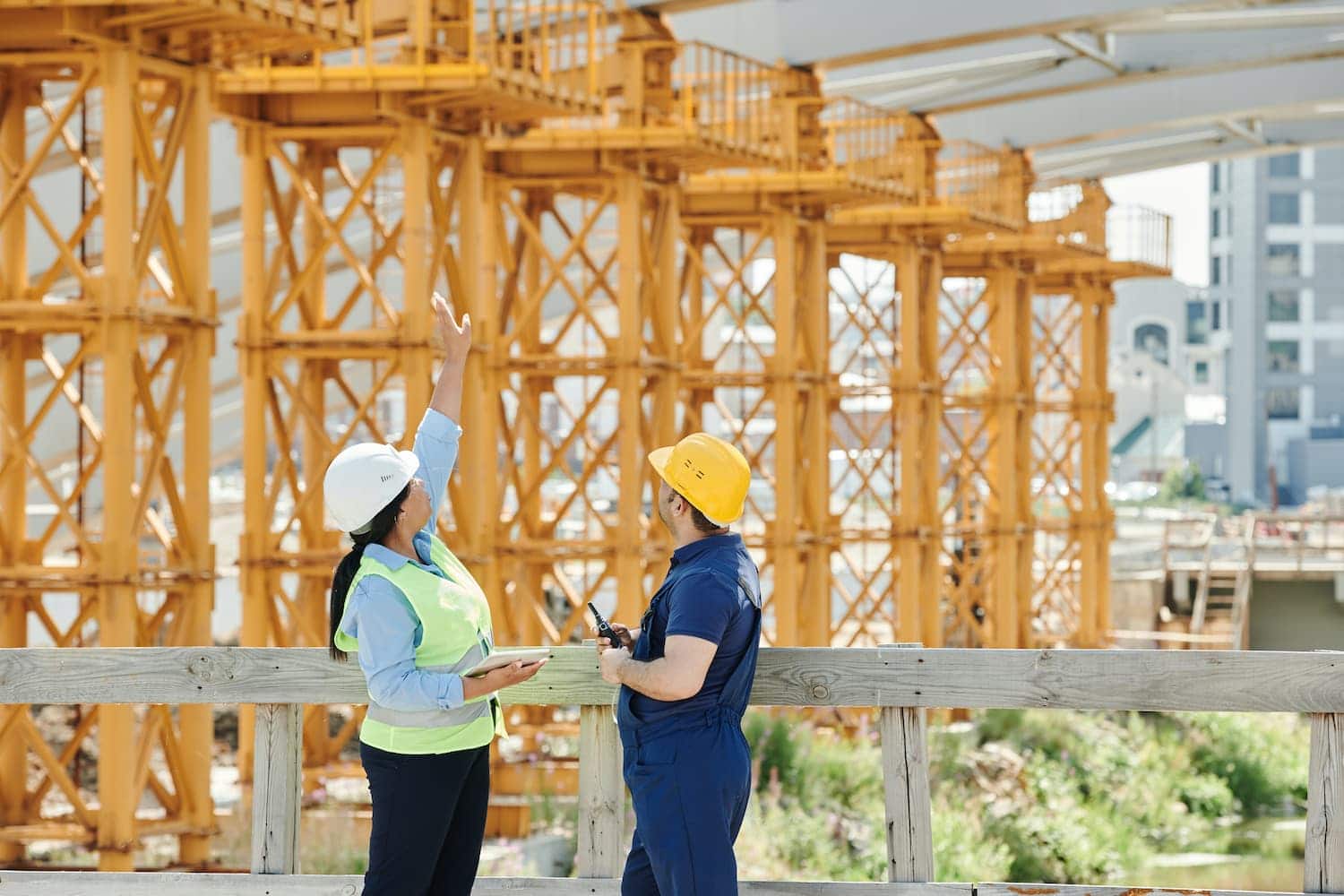

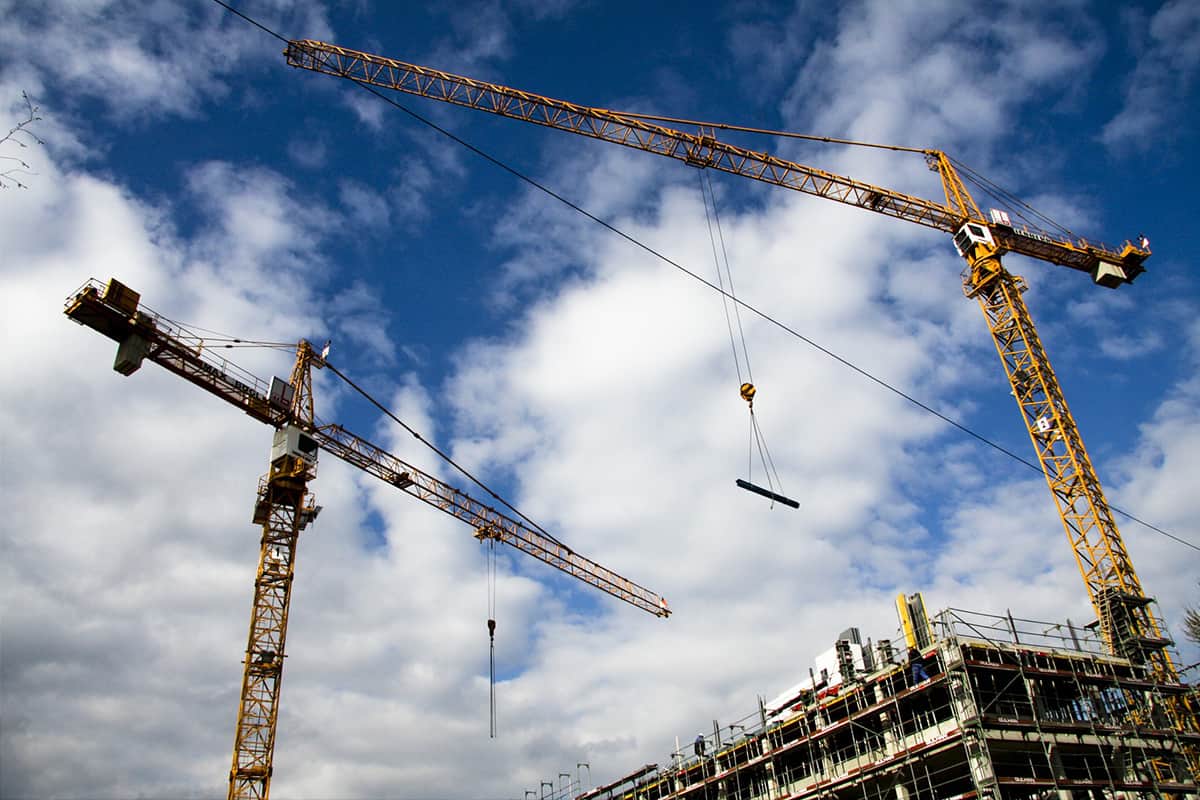
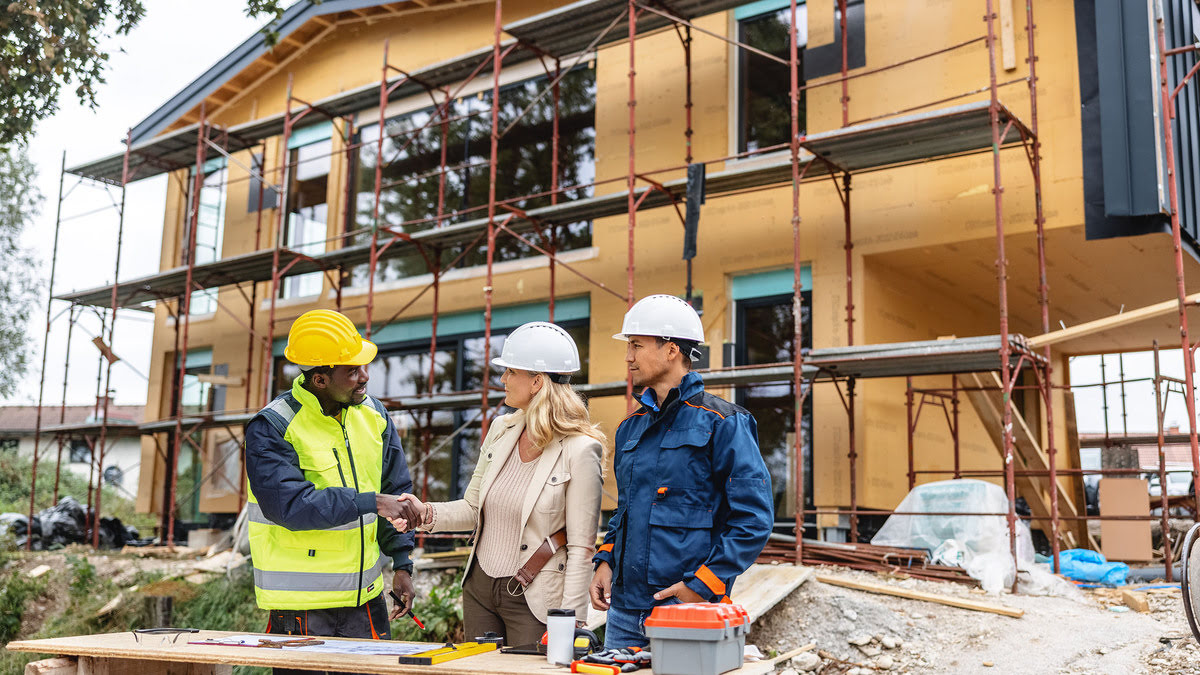

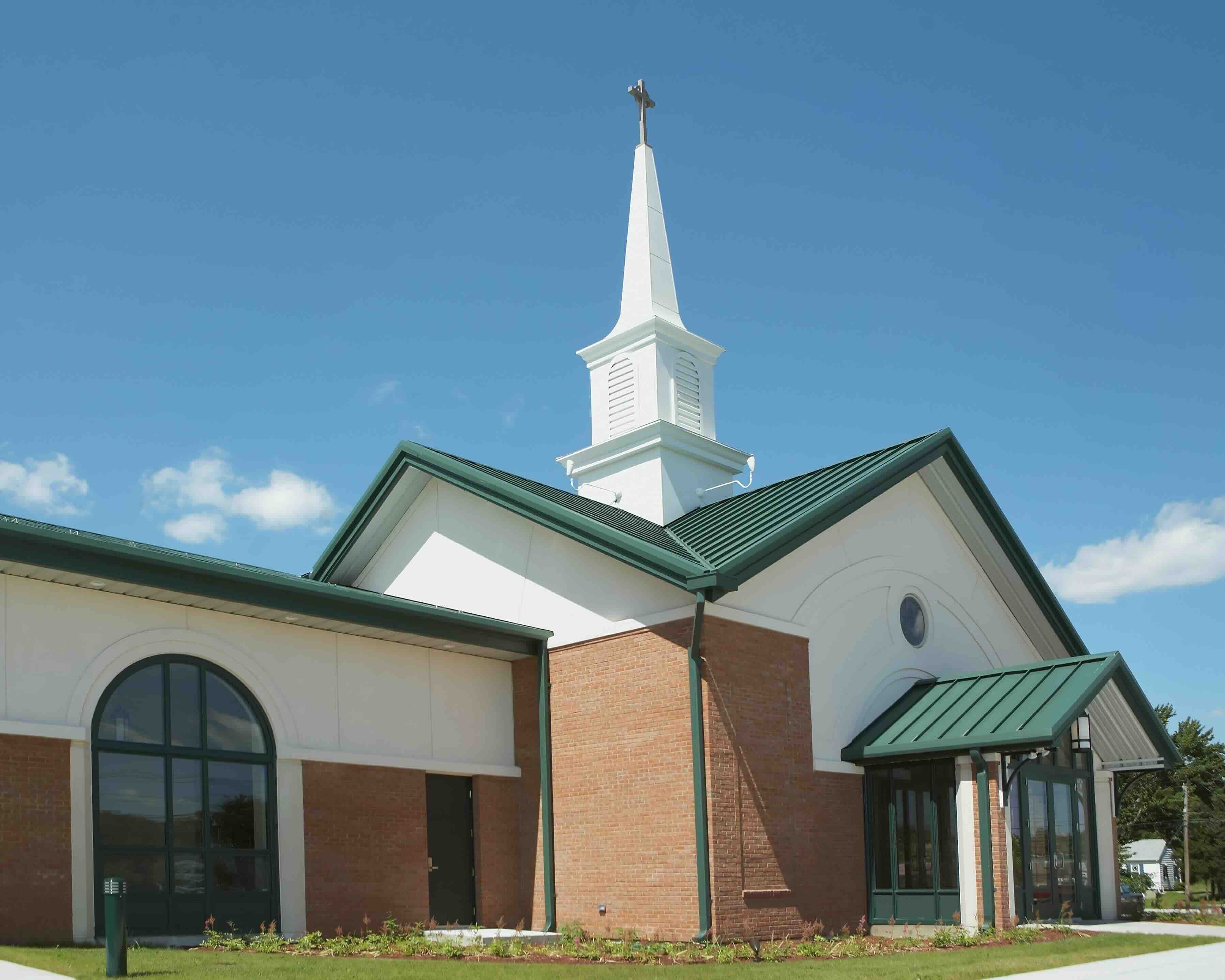




0 thoughts on “What Is A Commercial Construction Loan”